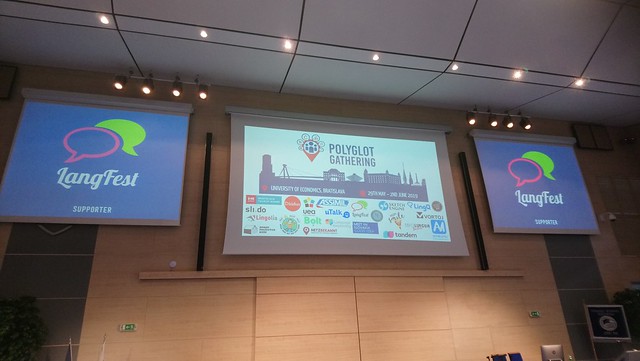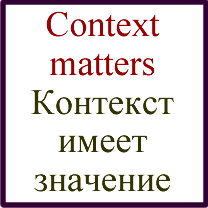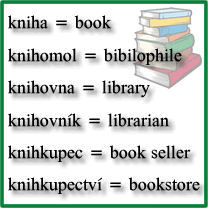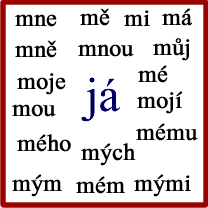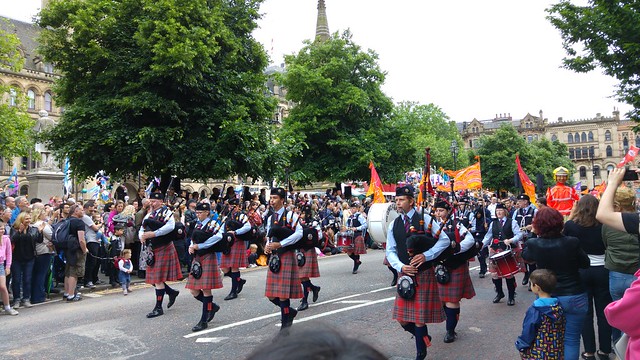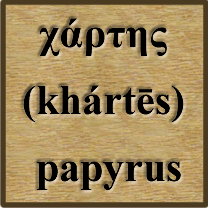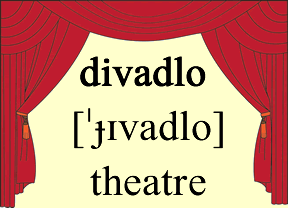I arrived safely in Glencolmbcille (Gleann Cholm Cille) on Saturday night. As we went further west the skies got darker, and when we arrived in Donegal the heavens opened, and it rained almost non-stop until this morning. I don’t come here for the fine weather, but this was a bit extreme, even for this part of the world. Today the sky cleared for a while, and the sun even put in a welcome appearance.
Irish language classes started yesterday afternoon, and the cultural workshops started this afternoon. I’m doing the sean-nós singing, as usual, and am enjoying it, and the Irish classes very much.
There are plenty of people here who I know from previous visits, and quite a few new faces as well. So far I spoken a lot of Irish, and bits of French, Breton, Swedish, German and Czech – people come here from all over the world, so it’s a great place to practise languages.
Last night we were treated to some excellent music and poetry from Bríd Harper and Diarmuid Johnson. Here they are playing some Welsh tunes. Tonight there is some more poetry, this time from Áine Ni Ghlinn.
